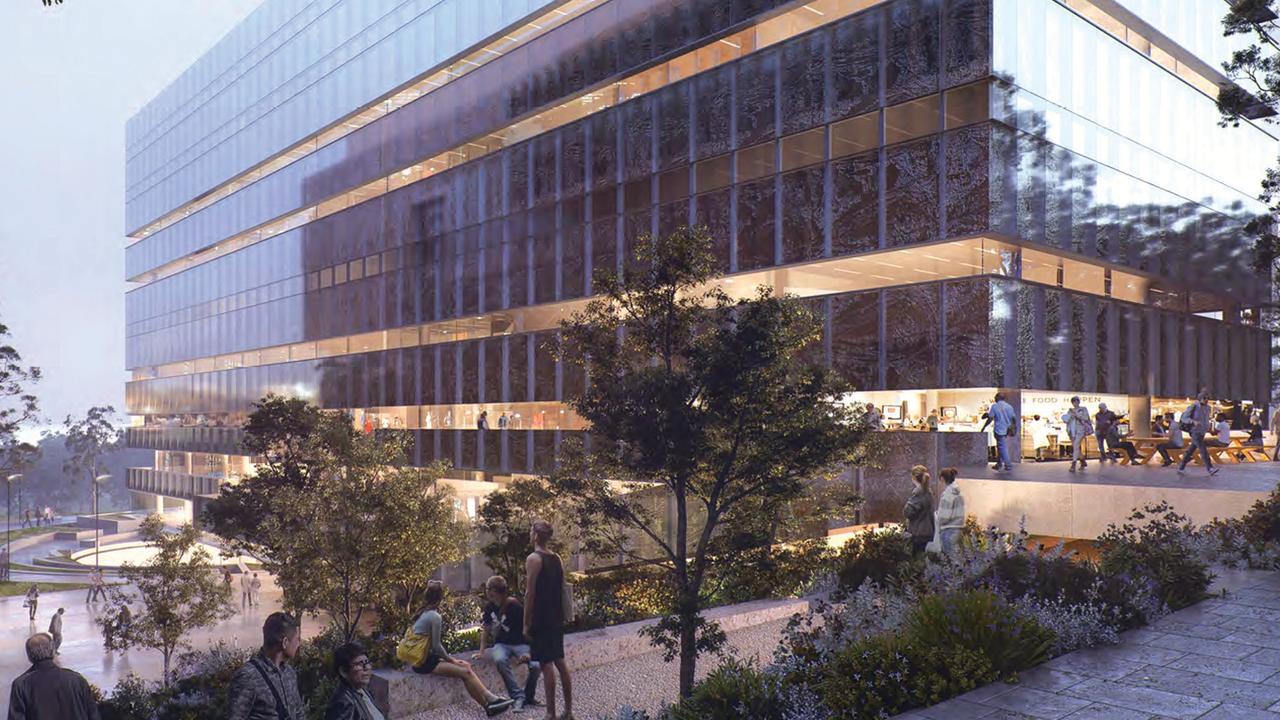Australian Catholic University survey of 2180 schools reveals principals threatened with violence
It’s a worsening problem affecting schools across the country and it’s prompting more than half of South Australia’s school leaders to consider quitting their jobs.

Education
Don't miss out on the headlines from Education. Followed categories will be added to My News.
More than half of principals at South Australian schools have been physically attacked, and the same number threatened with violence, shocking new figures reveal.
The annual survey reveals that worsening job conditions have prompted half of the state’s school leaders to consider quitting.
Researchers at the Australian Catholic University (ACU) surveyed 2180 principals at public and private schools around the country.
Among them, the proportion of SA principals who had experienced physical violence rose from 40.2 per cent in 2023 to 56.6 per cent in 2024.
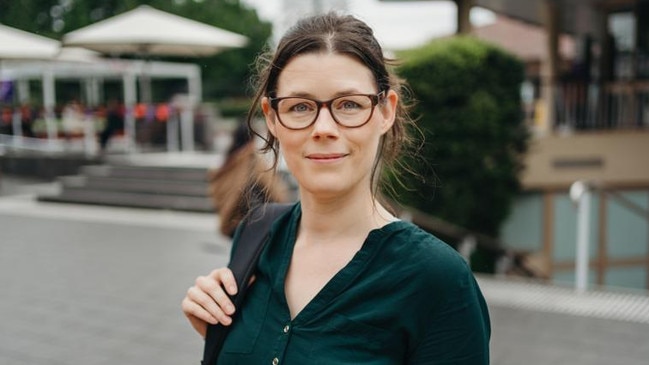
Similarly, the proportion who had experienced threats of physical violence climbed from 42.9 per cent in 2023 to 55.9 per cent the following year.
The Australian Principal Occupational Health, Safety and Wellbeing Survey is compiled by ACU’s Institute for Positive Psychology and Education (IPPE).
Co-chief investigator and leading school wellbeing expert Professor Theresa Dicke said violence against principals “reduces the ability for schools to be positive environments focused on student learning”.
“Violent and threatening behaviours are taking an unfair toll on the committed and dedicated leaders,” Prof Dicke said.
Australian Education Union SA president Jennie-Marie Gorman said principals are “increasingly having to support, intervene and become targets of violence from not only students but also parents”.
“Principals need to be able to feel supported and safe as well as looking after and supporting their staff, students and community,” Ms Gorman said.
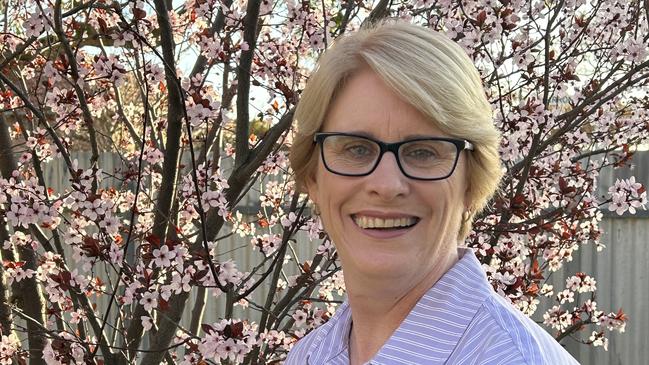
The survey also revealed the top five sources of stress, which include heavy workloads, lack of time to focus on teaching and learning, student-related issues, mental health of staff and mental health of students.
One South Australian female Catholic school principal, cited in the report, said that “the workload, expectations and stress levels of the principal job are becoming unsustainable”.
“Something has to change or the system will fall over,” she said. A male principal leading a public primary school in SA reported that “the difficulty switching off during holidays or leave negatively impacts me”.
“For example, I was notified about a critical incident while on holidays overseas and this affected my wellbeing,” he said. “How can we better support principals to have quality time ‘off’?”
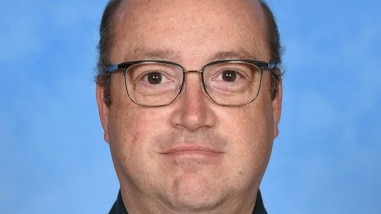
SA Primary Principals Association president Tobias O’Connor said members were reporting “increasing pressures to ‘do it all’”.
“Our communities continue to look at schools as a solution to many societal and social problems,” Mr O’Connor said.
“We expect more from schools all the time and the lines continue to be blurred about what is a school responsibility versus elsewhere in the community.”
Other findings of the survey were that the proportion of South Australian principals who raised a “red flag report” (indicating risk of self-harm or low wellbeing) rose from 36.6 per cent to 44.6 per cent.
Principals who responded they intended to quit dropped marginally from 52.3 per cent to 50.7 per cent.
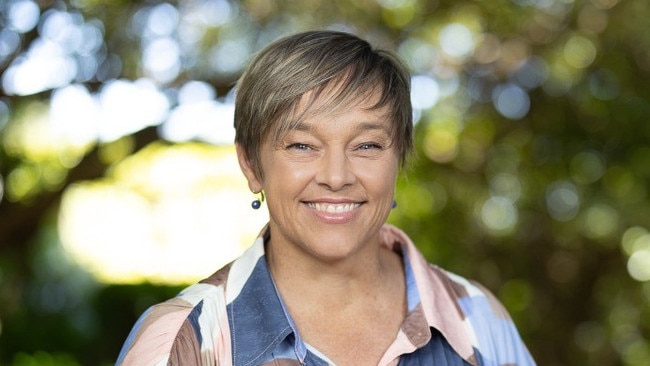
SA Secondary Principals’ Association chief executive Kirsty Amos said the role of the principals needs to be “redesigned”.
Ms Amos proposed shifting responsibility of administrative tasks, such as managing site finances and infrastructure, away from principals.
“More time needs to be provided for school staff to focus on their core business of teaching and learning,” she said.
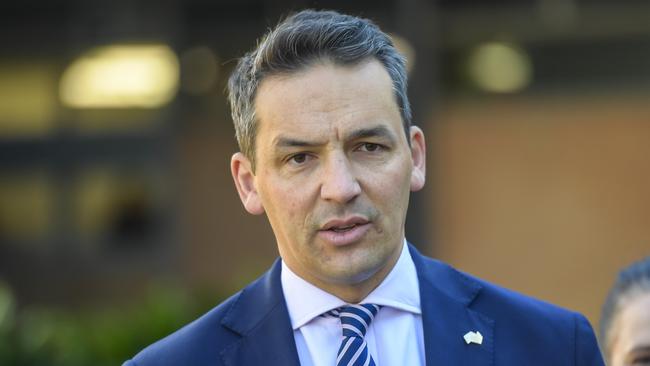
Education Minister Boyer Boyer highlighted measures to improve conditions for principals including contract lengths increasing from five to 10 years and strengthened legislation to ban abusive parents.
“The role of the principal is becoming increasingly more difficult as classrooms become more complex,” Mr Boyer said.
Opposition education spokeswoman Heidi Girolamo said while she supported new abuse and behaviour laws, “schools need to be equipped to effectively report these issues and our police need to be properly resourced to respond”.
Retired principal tells of on-campus assault
Even after being assaulted while working as a principal at Paralowie R-12 School, Peter McKay didn’t lose his passion for education.
“It’s one of those things where you hope it’s never going to happen, but as a principal sometimes you are put in a situation where you deal with some stuff that’s pretty unpleasant,” said Mr McKay, who retired at the end of 2022.
In the March 18, 2020 assault, parent Joshua Raymond Jackson, who was 34 at the time, drove to the northern suburbs school after hearing reports of an incident between his son and a member of staff.
Upon arrival, the parent entered the foyer and slapped the principal with an open hand, causing him to fall over.
The parent, who spent four months in home detention after the court case, later learnt he had inaccurate information as Mr McKay was not involved in the alleged incident with his son.
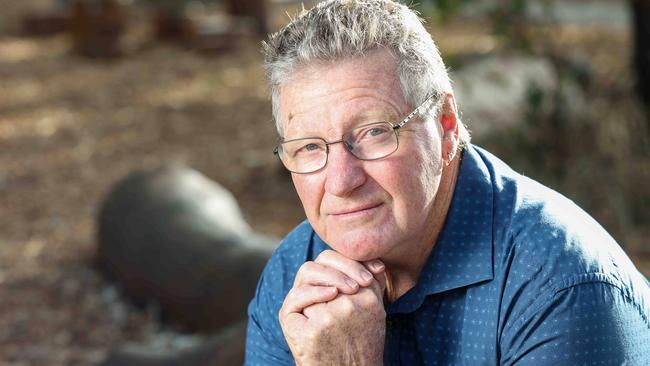
The school implemented measures, including a panic button, and made sure senior leadership was present when speaking with parents.
“It does make you more cautious in the future,” Mr McKay, now 67, said.
During his more than 40 years in education, about half of that time leading schools, Mr McKay said it was rare for him to work less than 70 or 80 hours a week.
“People forget about the commitment you have to make when you get home about planning or follow-up,” he said. He said literacy levels of parents had declined and classrooms were more complex.
“Now as a teacher you don’t only need to have strong content knowledge … but you also need to support young people when they’ve got other things going on in their lives,” Mr McKay said. He advocated for psychologists in schools “because our young people are much more complex”.




